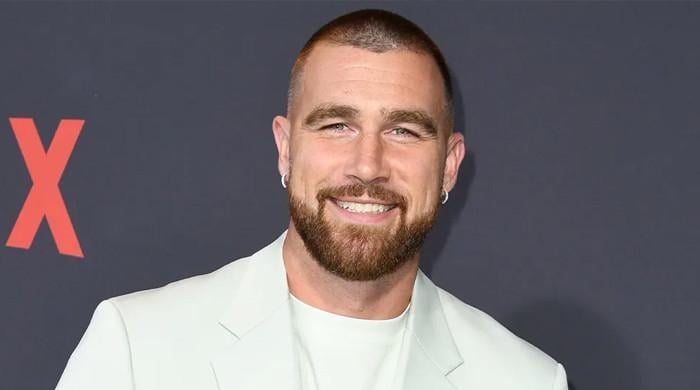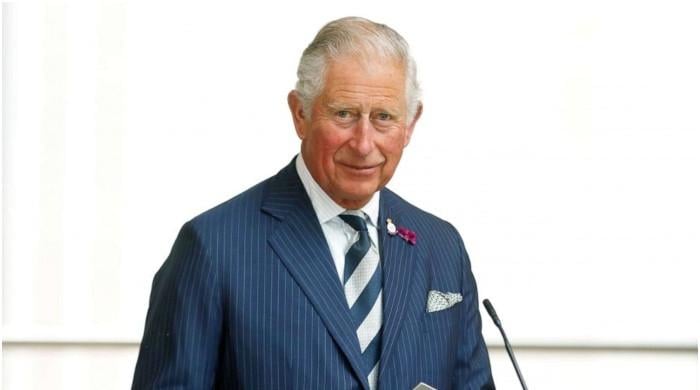A New York judge ruled that “Where is Wendy Williams?” from Lifetime. The documentary may air as originally scheduled, amid one woman's efforts to prevent the project from being released.
Days before the documentary's release, a woman named Sabrina Morrissey filed a lawsuit in New York Supreme Court against Lifetime's parent company, A+E Networks, and production company Entertainment One (also known as eOne). Morrissey filed her suit on Thursday while she was “acting in her capacity” as “temporary guardian of WWH” (Wendy Williams Hunter). Morrissey also requested a temporary restraining order “prohibiting the publication of [the] documentary,” according to legal documents reviewed by The Times.
New York Supreme Court Justice Peter H. Moulton decided Friday afternoon that the Lifetime project can proceed to air as initially intended. He wrote in court papers that Morrissey's restraining order request was an “unconscionable prior restraint on speech that violates the First Amendment of the United States Constitution.”
Moulton also refused to vacate or stay a second order from Morrissey asking the court to keep his case sealed. A hearing on that matter is scheduled for Tuesday.
Legal representatives for A+E and eOne filed an appeal, also sealed, on Friday, but did not immediately respond to The Times' request for comment. Morrissey also did not respond to The Times' request for comment.
The new Lifetime documentary, premiering Saturday night, will turn the tables on Williams, who solidified her place in the daytime talk space with scathing, unapologetic commentary on current affairs and pop culture. “Where is Wendy Williams?” seeks to shed light on the TV host's life and the physical, mental and financial struggles that arose before her departure from television in 2022. Williams was placed under financial conservatorship amid a legal battle with Wells Fargo.
“The Wendy Williams Show” concluded after 13 seasons in 2022, although its host of the same name was absent from the series finale. The talk show was canceled because Williams was facing several health issues, including her ongoing battle with Graves' disease, an autoimmune condition related to the thyroid.
“Where is Wendy Williams?” will debut this weekend on Lifetime.
(Lifetime / A&E Networks)
Earlier this week, representatives for Williams announced in a statement that the 59-year-old television personality had been diagnosed with frontotemporal dementia and aphasia. The letter detailed concerns about Williams' difficulty processing information, noting that she “began to lose words, act erratically at times, and have difficulty understanding financial transactions.”
The statement continues: “The decision to share this news was difficult and was made after careful consideration, not only to advocate for understanding and compassion for Wendy, but also to raise awareness about aphasia and frontotemporal dementia and support the thousands of people who face similar circumstances.”
Aphasia and frontotemporal dementia are the same mental conditions that affect “Die Hard” actor Bruce Willis, who ended his decades-long acting career in 2022 amid his diagnosis.
Williams' loved ones told People this week that she is receiving treatment “in an environment of wellness and healing,” but that they are unable to contact the former TV star “due to a lack of communication with Williams' guardian.” .
Alex Finnie, William's niece who appears in the upcoming Lifetime documentary, spoke about her aunt's condition in a conversation with ABC News' Deborah Roberts. A clip of the interview aired Thursday on “Good Morning America.”
“When I saw her, she didn't have to say anything. I knew that not all cylinders are firing as they should,” Finnie said.
Finnie also said that her aunt is an executive producer on the Lifetime project and sees the documentary as an opportunity for Williams to “take charge of my story.”
“What people are going to see is a broken woman who has had the world on her shoulders for so long and just broken,” Finnie said. He added that Williams still wants to return to television.
Finnie did not respond to The Times' request for comment on the lawsuit on Friday.
Times researcher Cary Schneider contributed to this report.












